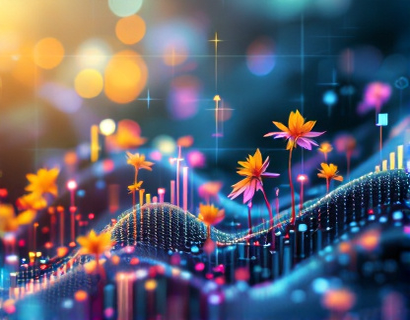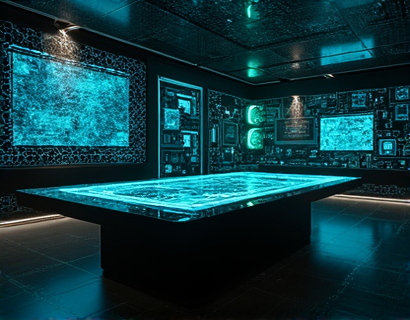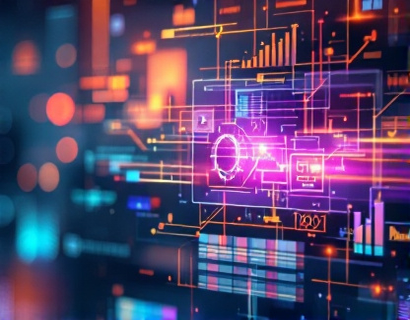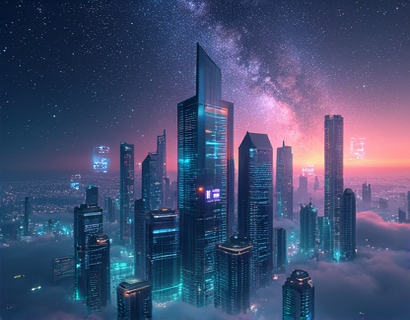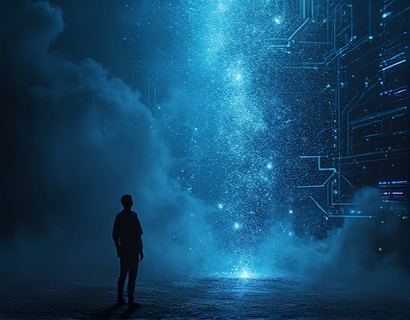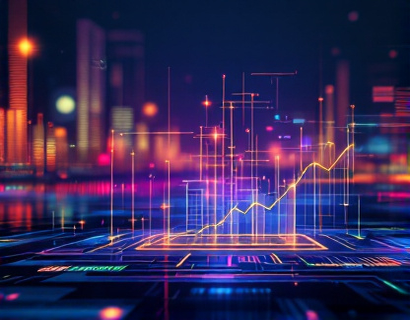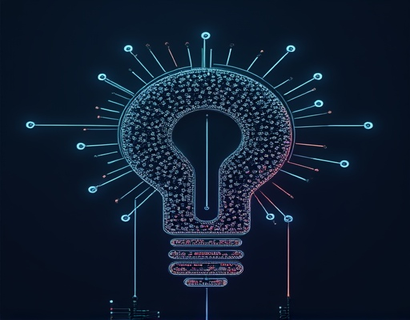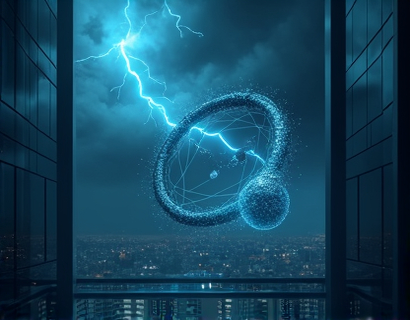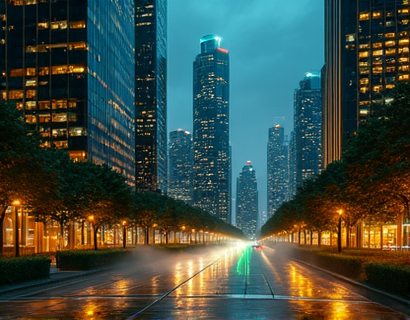Unlocking Musical Potential with AI: A New Era of Creation for Artists and Creators
The integration of Artificial Intelligence (AI) in music creation marks a revolutionary shift in the way artists and creators approach their craft. This technological advancement opens up a new dimension in music production, where the boundaries of creativity and sound quality are continually pushed. For both seasoned professionals and emerging talents, AI-driven tools offer a transformative experience, simplifying the composing process and enhancing the overall music-making journey.
Evolving Landscape of Music Production
The music industry has always been at the forefront of embracing new technologies to enhance artistic expression. From the invention of the multitrack recording machine to the digital revolution that brought about software synthesizers and digital audio workstations (DAWs), each innovation has expanded the creative toolkit available to musicians. Today, AI stands as the latest and most potent addition to this lineage, promising to redefine the music production landscape.
AI in Music Composition
AI in music composition leverages machine learning algorithms to analyze vast datasets of musical pieces, identifying patterns, structures, and styles. This analysis enables the AI to generate original music or assist in the compositional process. For artists, this means having a collaborative partner that can provide ideas, fill in gaps, or even complete sections of a piece, all while maintaining the unique artistic vision of the human creator.
Enhancing Creativity
The creative process in music is often described as both exhilarating and daunting. AI tools can alleviate some of the pressure by offering suggestions and variations that a human might not immediately conceive. These tools can generate melodies, harmonies, and even entire tracks, serving as a springboard for the artist's imagination. By exploring the possibilities presented by AI, musicians can discover new sounds and styles, pushing the boundaries of their creativity.
Streamlining the Music Production Process
One of the most significant advantages of AI in music production is the streamlining of the workflow. Traditional music production involves numerous steps, from composition to arrangement, recording, and mixing. Each step requires a considerable amount of time and expertise. AI tools can automate or assist in many of these processes, making music production more efficient and accessible.
Automated Arrangement
AI can analyze a basic composition and suggest arrangements, adding layers and elements to enrich the piece. This capability is particularly beneficial for artists who may struggle with arranging or who want to explore different configurations of their music. By automating this process, AI allows musicians to focus more on the creative aspects, such as melody and lyricism, while the AI handles the structural elements.
Intelligent Mixing and Mastering
Mixing and mastering are critical stages in music production, often requiring a deep understanding of audio engineering principles. AI-driven tools can analyze the mix and provide real-time adjustments to balance, EQ, compression, and other parameters. These tools can also simulate different mastering environments, ensuring that the final product sounds polished and professional. For artists without extensive mixing and mastering experience, AI can be a valuable ally, helping to achieve a high-quality sound without the need for specialized knowledge.
Empowering Emerging Artists
For emerging artists, the entry barrier into the music industry has traditionally been high, requiring significant investment in equipment, software, and education. AI-driven music creation tools democratize access to high-quality production resources, allowing newcomers to produce professional-sounding music with minimal upfront costs. This leveling of the playing field fosters a more diverse and vibrant musical landscape, where talent and creativity are the primary determinants of success.
Cost-Effective Production
Professional music production equipment and software can be expensive, often beyond the reach of budget-conscious artists. AI tools, many of which are available as affordable software or even free online platforms, reduce the financial burden. Artists can access high-quality production capabilities without the need for expensive hardware, making music creation more accessible and inclusive.
Learning and Development
AI can also serve as an educational tool, helping new artists learn the fundamentals of music production. Interactive tutorials and guided projects can teach concepts such as arrangement, mixing, and mastering in an engaging and hands-on manner. This educational aspect of AI tools not only aids in skill development but also builds confidence, encouraging artists to experiment and grow.
Collaboration and Inspiration
One of the most exciting aspects of AI in music creation is the potential for collaboration between humans and machines. AI can act as a creative partner, offering suggestions and ideas that might not have been considered otherwise. This collaboration can lead to innovative and unexpected outcomes, enriching the artistic process and inspiring new directions in an artist's work.
Inspiring New Genres
The fusion of human creativity with AI's analytical capabilities can give rise to entirely new genres and subgenres of music. AI can blend elements from diverse musical traditions, creating hybrid sounds that resonate with a wide audience. This cross-pollination of styles fosters a more dynamic and evolving music scene, where the possibilities are endless.
Challenges and Considerations
While AI offers numerous benefits, it is essential to acknowledge the challenges and considerations associated with its integration into music creation. One of the primary concerns is the potential loss of the human touch, the unique imperfections and emotional depth that only a human artist can bring to a piece of music. Striking a balance between AI assistance and human input is crucial to maintaining the authenticity and soul of the music.
Ethical Considerations
Another important aspect is the ethical use of AI in music. Issues such as copyright, ownership, and the potential for AI-generated music to flood the market with similar sounds need to be addressed. The music industry must establish clear guidelines and regulations to ensure that AI is used responsibly and fairly, protecting the rights of all creators involved.
The Future of Music Creation
The integration of AI in music creation is just the beginning. As technology continues to advance, we can expect even more sophisticated tools and capabilities. The future holds the promise of AI not only assisting in the creation process but also enhancing the live performance experience, from generating dynamic setlists to real-time sound manipulation during concerts.
Continuous Learning and Adaptation
For artists and creators, embracing AI in music creation means staying open to continuous learning and adaptation. The landscape is rapidly evolving, and those who remain curious and willing to explore new tools and techniques will be best positioned to thrive. The combination of human creativity and AI's analytical power can lead to unprecedented levels of artistic achievement.
In conclusion, AI-driven tools are revolutionizing the way artists and creators approach music production. By simplifying the composing process, enhancing creativity, and streamlining the production workflow, these tools offer a new dimension of possibility. Whether you are a seasoned professional or just starting your musical journey, embracing AI can help you unlock your full creative potential and contribute to the ever-evolving world of music.





